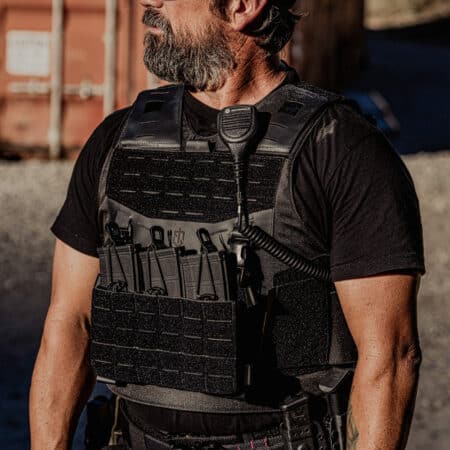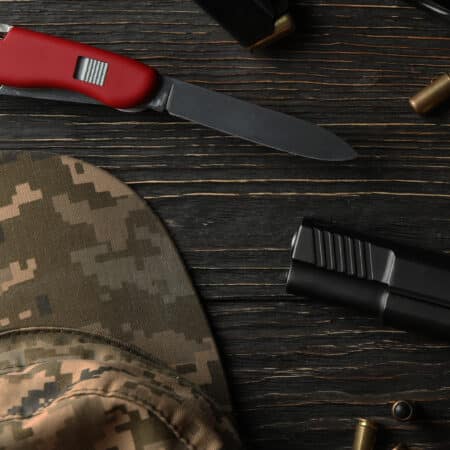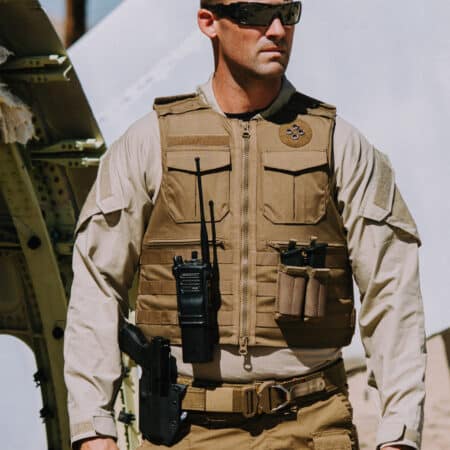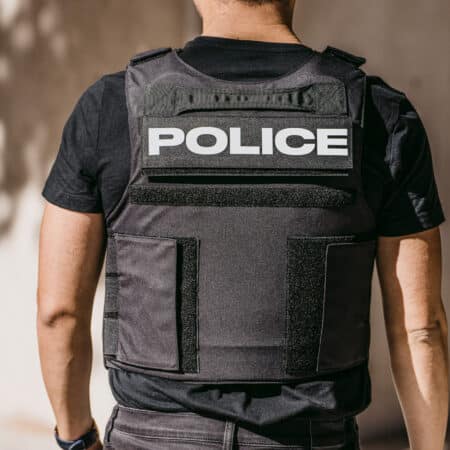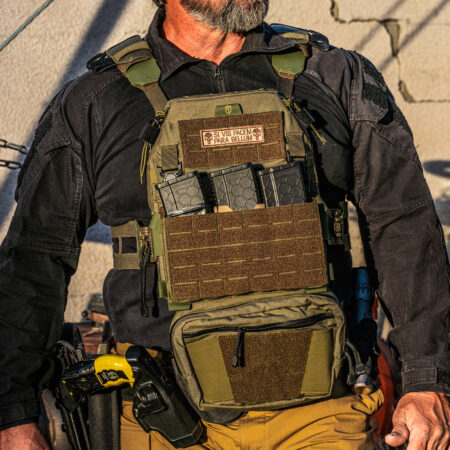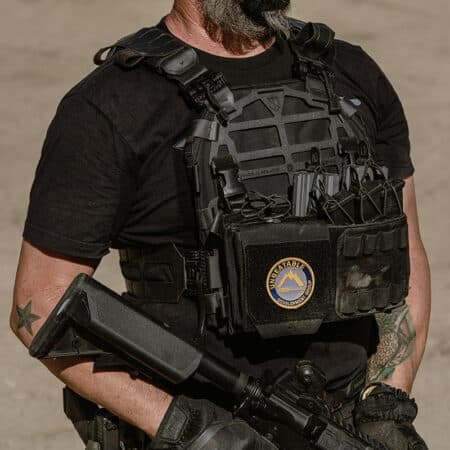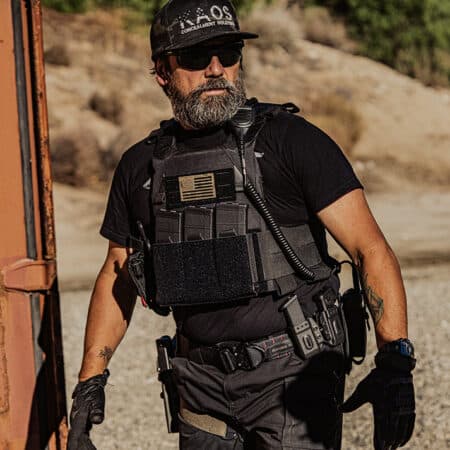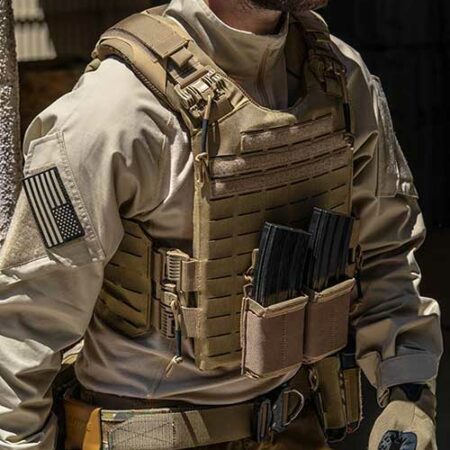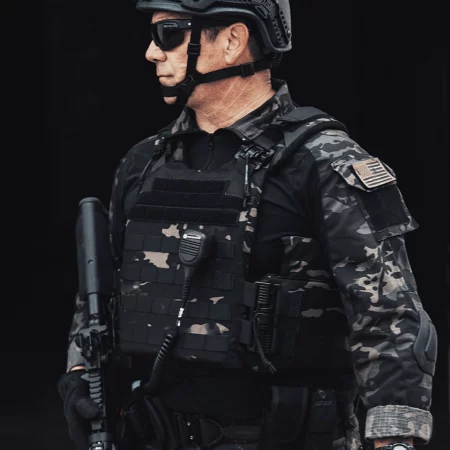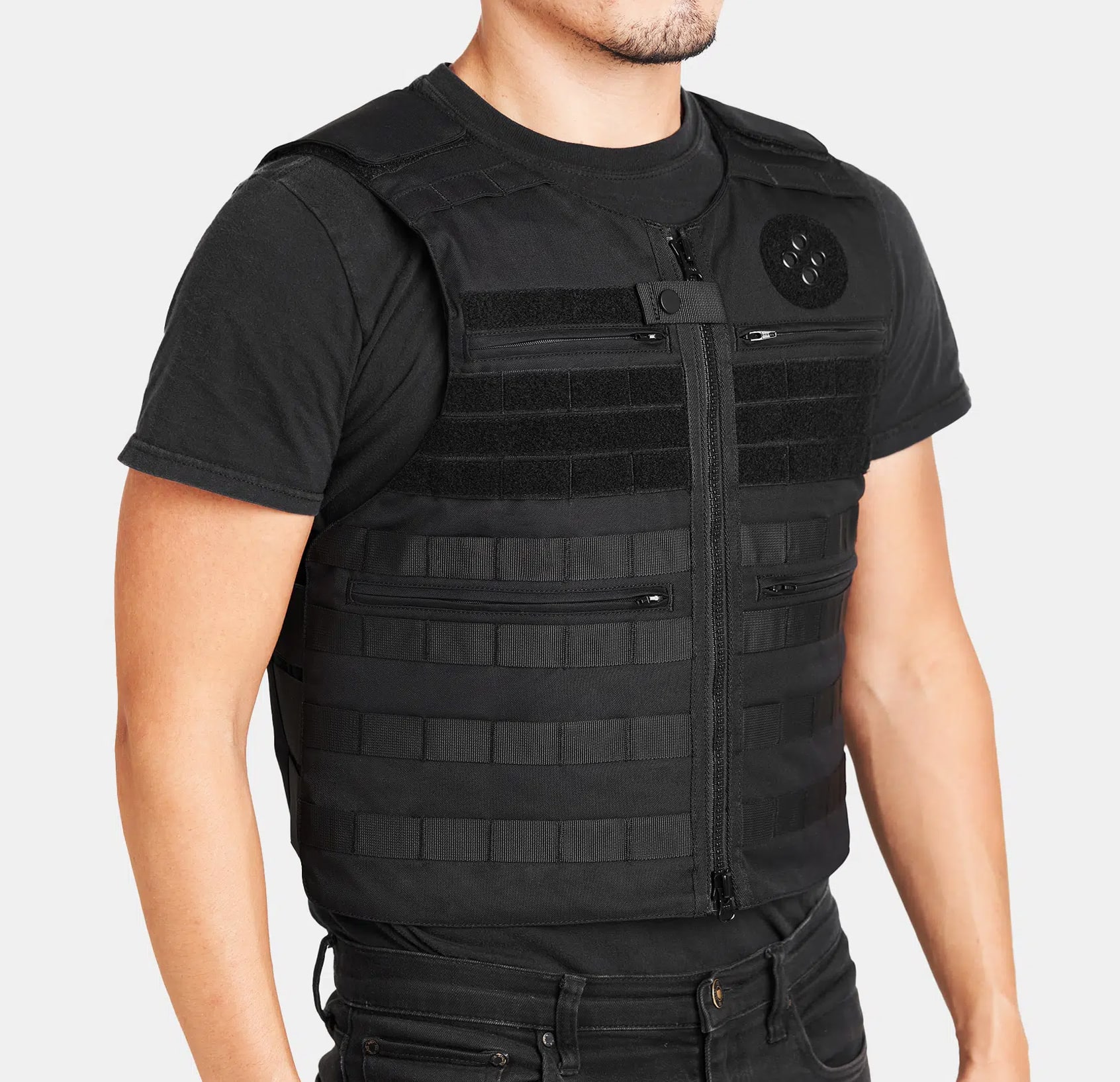Gun control has long been a central issue in American politics, sparking heated debates on individual rights, public safety, and the scope of government regulation. However, in recent years, the conversation has expanded beyond firearms. Now it includes body armor as well, with lawmakers increasingly linking the two in discussions about public safety. While gun control laws have historically been at the forefront of electoral discourse, attempts to introduce restrictions on body armor are now becoming more frequent, raising concerns about how intertwined these two issues are becoming.
With the 2024 election looming and deep ideological divides between the major political parties, the future of both gun rights and body armor availability is uncertain. Voters on both sides of the aisle are concerned about what changes might come if the opposing party takes power, and many fear the loss of rights related to self-defense and personal protection. As Americans prepare to cast their ballots on November 5th, it’s important to examine the potential ramifications of the election, particularly how newly elected officials might influence the relationship between gun control measures and body armor restrictions.
In this article, we’ll explore why these two issues are becoming increasingly interconnected. We will also try to assess the impact that election results could have on future regulations.
Why are Gun Control Laws and Body Armor Restrictions Interconnected?
Body armor restrictions and gun rights are becoming interconnected primarily due to concerns over public safety in the wake of mass shootings. The connection arises from the fact that shooters in several high-profile incidents have used body armor to protect themselves from law enforcement, making them harder to neutralize and prolonging their attacks. This has prompted discussions among policymakers about whether restrictions on body armor should accompany gun control efforts to mitigate the damage done during such incidents.
One of the most prominent incidents where the shooter used body armor was the buffalo supermarket shooting from 2022.
In the Buffalo supermarket shooting on May 14, 2022, a gunman Killed 10 people and injuring three others. The 18-year-old shooter, motivated by white supremacist ideology, was wearing tactical gear. His Kit Included a bulletproof vest and helmet, which made it difficult for security personnel to stop him. A retired police officer working as a security guard fired at the shooter but was unable to do any damage. The shooter returned fire, killing the guard. The attack was live streamed, drawing national attention to the increasing use of body armor in mass shootings .
In the aftermath of this tragedy, New York took swift legislative action to address the issue of body armor accessibility. In June 2022, the state passed a law that restricted the purchase of bulletproof vests and body armor. According to the new regulations, only specific professionals, such as law enforcement and security personnel can own armor.
However, in many incidents like this, governments tend to make over corrections. This can lead to even more problems in the future. Though the incident was a massive tragedy, taking away everyone’s right to protect themselves from people like the buffalo shooter just because the shooter used armor probably wasn’t the way to go.
Why Body armor restrictions are not the solution?
Body armor restrictions are not an effective solution because they disproportionately impact law-abiding citizens while doing little to deter criminals. These restrictions overlook the fact that determined criminals can still obtain protective gear through illegal means. Just as with firearms, which are readily available on the black market, motivated criminals are unlikely to be hindered by legal barriers when it comes to acquiring body armor. If a criminal is willing to shoot up a supermarket full of civilians, and kill multiple people, he probably isn’t going to care about any legal restrictions anyway.
Restricting access to armor would only leave law-abiding citizens more vulnerable. Rather than curbing violence, body armor restrictions risk creating a situation where civilians are in danger. They could leave them defenseless against the very threats that such regulations aim to prevent in the first place.
Product Comparision
Historical Context of Body Armor Regulation in the US?
Currently, Federal regulations on body armor are relatively minimal compared to firearms laws. The key restriction is the 2002 “Violent Crime Control and Law Enforcement Act,” which prohibits convicted felons from purchasing or possessing body armor. Civilians, however, can generally buy and own body armor without background checks or registration. Moreover, Despite periodic concerns, especially after mass shootings, no significant federal legislation has been passed to further regulate body armor.
However, in recent years, the concern for such regulations is rising. In 2019, Congresswoman Meng introduced the “Responsible Body Armor Possession Act,” proposing a ban on civilian ownership of body armor. This would have been a massive hit to public liberties in the US, however, fortunately, the bill did not gain any traction in parliament.
Still, bills like the Responsible Body Armor Possession Act, and the 2022 body armor restrictions laws in the state of New York are showing a concerning trend.
The Current stances on both sides of the political fence:

Democrats have pushed for tighter gun control, and body armor regulations. They are becoming part of these efforts due to concerns over its use in mass shootings. Some Democratic lawmakers see body armor as a tool that empowers criminals and mass shooters, making them harder to stop. High-profile incidents involving attackers wearing body armor have intensified calls for new restrictions. Alongside policies like assault weapon bans, body armor regulation is seen as a way to address gun violence.
Republicans, on the other hand, have always been strong defenders of Second Amendment rights. They oppose regulating body armor, viewing it as essential for self-defense. They argue that limiting access to body armor would infringe on personal freedoms without effectively preventing criminal activity. For many Republicans, body armor restrictions, like gun control measures, only penalize law-abiding citizens. They leave them more vulnerable, while doing little to stop those intent on committing violence.
Conclusion:
In conclusion, the growing connection between gun control and body armor restrictions highlights the complex balance between public safety and individual freedoms. While the tragic incidents involving mass shootings have sparked legitimate concerns about the misuse of body armor, restricting access may do more harm than good by leaving law-abiding citizens vulnerable to threats.
Democrats generally view tighter regulations on both firearms and body armor as necessary for curbing violence, while Republicans maintain that such measures infringe on constitutional rights and personal safety.
As the 2024 election approaches, the fate of these issues will likely depend on the party that gains power, but it’s important to remember that while safety is paramount, overly restrictive laws could ultimately weaken citizens’ ability to protect themselves.





